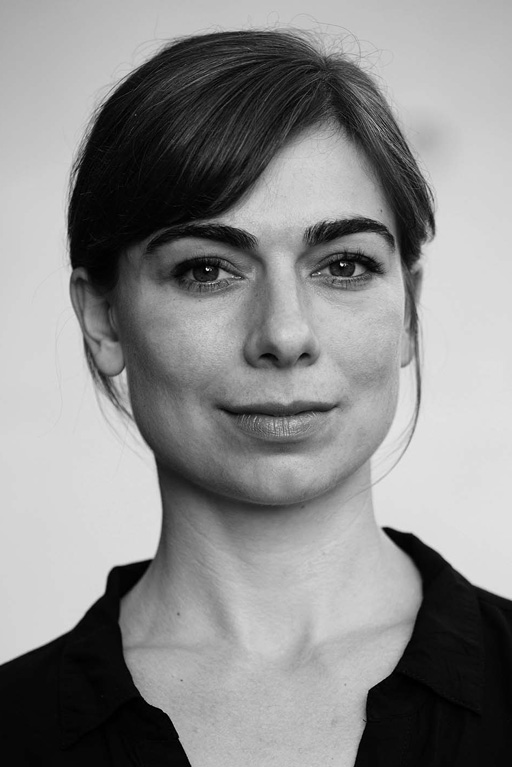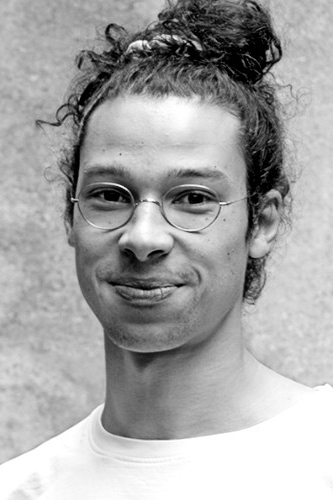How tenants and property owners negotiate responsibilities
Sub-project 1 focuses on controversies around everyday property relations to inquire into the tenants and landlords responsibilities in maintaining housing, nature, community, and home.
Densifying Swiss cities are at the global forefront of demolishing their housing stock, with between 3,000 and 4,000 buildings being demolished every year (BAFU, 2020), predominantly in Zurich (approx. 1,500 flats in 2022, Stadt Zürich, 2023) and Geneva (approx. 513 flats in Geneva canton, Statistique Genève, 2023). The question of whether to renovate or demolish existing housing stocks emerges as a focal point in contemporary political debates, yet reducing issues surrounding housing, and the potential harms associated with market-oriented urban redevelopment, into seemingly technical problems. At stake are not only concerns about the tremendous climate impact of new constructions and building waste, but also about the maintenance of the social fabric of the city, in what Fitz et al. call a care-oriented urbanism (2019).
This SP will advance an everyday perspective that starts on the scale of tenants’ struggles at several buildings in both case cities. By considering how responsible maintenance is legally framed and practised, as well as by analysing the socio-spatial transformations that result from associated responsibility regimes, this SP advances an everyday, intersectional analysis that puts the individual struggles of tenant communities into sharper focus and relates them to the workings of responsibility in current property regimes.



